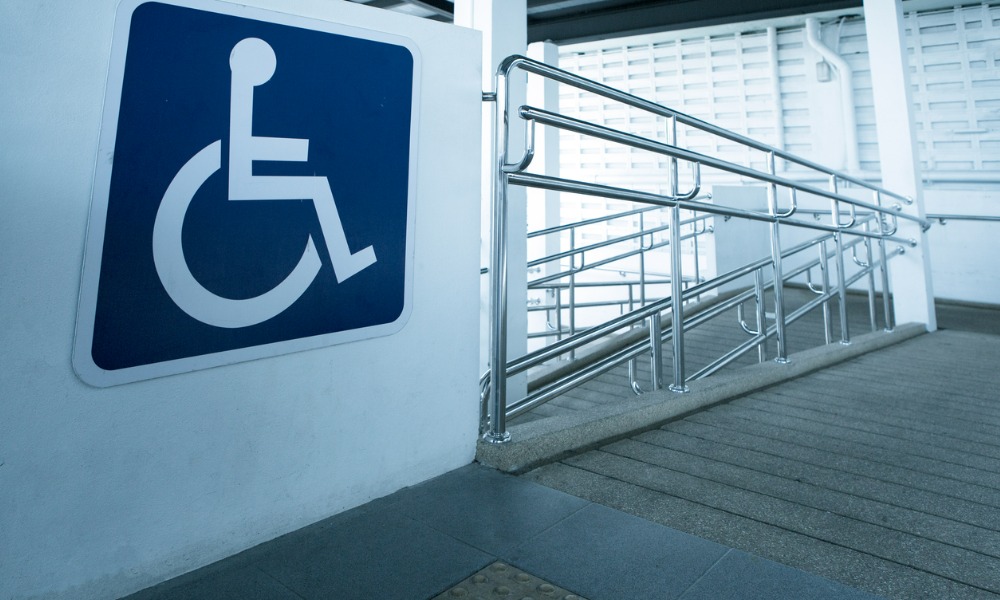
This seeks to eliminate the barriers faced by people with disabilities in the province

More than 750 public sector organizations in British Columbia will begin implementing accessibility requirements starting September, as stipulated in a new legislation that seeks to eliminate barriers for employees with disabilities.
A total of 754 organisations, including school districts, post-secondary institutions, public libraries, and local governments, will begin establishing the following starting September 1:
They are expected to meet the following accessibility requirements by September 1, 2023, according to the provincial government, which will also support these organisations with a $3-million funding that will be handed out through the Disability Alliance BC in over three years.
The second phase of mandating accessibility requirements will cover 33 more public-sector organisations in B.C., who will have until September 1, 2024, to comply, read the government’s announcement.
The policy is expected to benefit over 926,000 people with disabilities in B.C., who Social Development Minister Nicholas Simons said face various barriers when accessing services.
"As the population ages, that number is going to increase. Through this regulation, government is helping organisations become more accessible for the benefit of the employees who work there and the people they serve," said Simons in a statement.
Read more: WorkSafeBC extends support for employers managing COVID-19
The accessibility requirements were outlined under the Accessible British Columbia Act, which allows the government to develop new accessibility standards that will address barriers in a range of areas such as employment, education and transportation, as well as buildings and infrastructure.
The law defines barriers as "anything that hinders the full and equal participation in society of a person with an impairment." This could be caused by environments, attitudes, practices, policies, information, communications or technologies, and affected by intersecting forms of discrimination.
Dan Coulter, Parliamentary Secretary for Accessibility, described the new regulation as a "big step" to make B.C. more accessible.
"For too long, people with disabilities have had to live with too many barriers," Coulter said in a statement. "Integrating accessibility into every area of everyday life is key to building a better community for everyone. The new regulation is a big step toward a more accessible B.C."
In addition to implementing the accessibility requirements, the new legislation also requires the B.C. government to recognise the AccessAbility Week annually, which will fall from May 29 to June 4 this year.
The week-long event recognises people, communities, and organisations in the province that are increasing opportunities and removing barriers for people with disabilities.